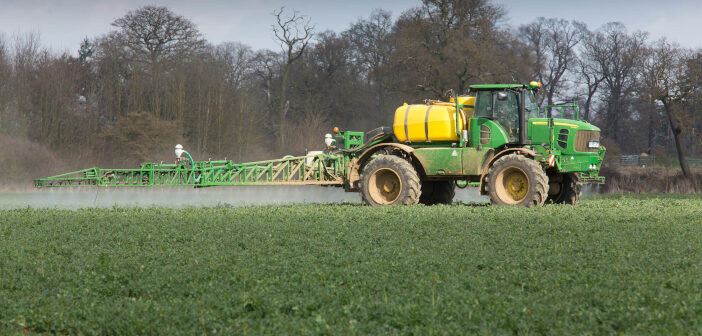With the risk of limited marketability through volunteer HEAR varieties, DSV suggests growers consider Clearfield varieties.
Sales and marketing manager Sarah Hawthorne warns that volunteers left from HEAR varieties could lead to high levels of erucic acid in following crops.
“Clearfield technology, based on a combination of Imazamox herbicide and oilseed rape varieties tolerant to it, has proved highly beneficial to oilseed rape growers in recent years, offering effective control of pernicious brassica weeds,” she notes.
“The system has provided reliable control of problem weeds such as charlock, runch and hedge mustard but has also opened up significant management opportunities for many growers, including reducing erucic acid levels at harvest.
“Growing a Clearfield variety could help reduce unwanted volunteers in following seasons that otherwise would be very difficult to control.”
The development of Clearfield oilseed rape varieties has been an important part of DSV’s breeding strategy, with the company being the first to produce these without the yield penalties seen previously. “It has allowed robust and reliable control of problem weeds such as charlock, runch and hedge mustard, but has also opened up significant management opportunities for many growers including reducing erucic acid levels at harvest,” notes Sarah.
With the arrival of DSV Miraculix CL, the three Clearfield varieties on the latest 2024/25 RL stem from DSV. Recommendation for the North region it offers a gross output of 94%.
“It’s a quad-layered variety that stacks four complex traits together – turnip yellows virus (TuYV) protection with RLM7 phoma and pod shatter resistance plus Clearfield,” concludes Sarah



